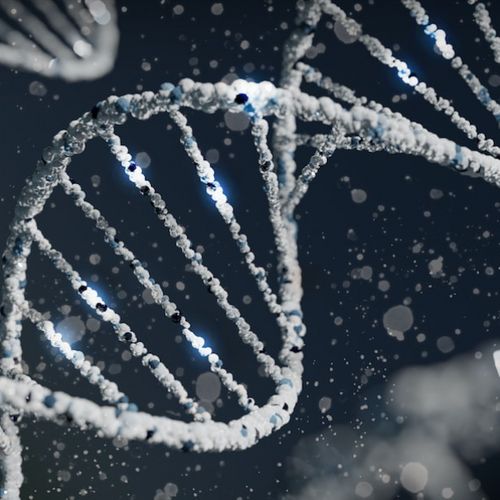4 Genes That Increase Suicide Risk
Dec 15, 2022 · 2 mins read
0
Share

Over 700,000 people die each year by suicide. It is the 4th leading cause of death for those between ages 15 and 29. In an effort to prevent these tragedies, a group of researchers studied genetics as a potential cause.
Save
Share
Duke Health in conjunction with the Durham Veteran's Association studied 633,778 U.S. military veterans. Within this group there were 121,211 cases of suicidal thoughts or actions documented in their medical records.
Save
Share
The control group used for this study was anyone from the group who had no documented history of self-harm behaviors.
Save
Share
The Duke researches completed a genome-wide analysis of blood samples from all participants. The analysis showed numerous genes more commonly evident among those with documented suicidal thoughts or actions. This association was regardless of ancestral background.
Save
Share
Four genes had the strongest association with suicidal thoughts or actions, and all have been previously associated with psychiatric conditions as well:
Save
Share
ESR1: This estrogen receptor had been identified as a causal genetic driver of PTSD and depression, both of which are risk factors for suicide. Low ESR1 has shown effects on brain tissue in men and is suspected as a cause for varying depression rates between men and women.
Save
Share
DRD2: This is a dopamine receptor which has been associated with suicide, schizophrenia, mood disorders, ADHD and other disorders and addictions.
Save
Share
DCC: Multiple psychiatric conditions are associated with elevated levels of this gene found in brain tissue. Those who die by suicide have been found to have high DCC levels.
Save
Share
TRAF3: This gene is often associated with antisocial behavior, substance use and ADHD. Bipolar disorder is often treated by modulating the expression TRAF3 and other inflammatory genes.
Save
Share
Note that genetics do not predispose anyone to life circumstances which could lead to suicide. Rather, knowing a predisposition to disorders could help people take additional precautious when adversity arises.
For more follow @sciencesimplified
If you liked this Memo, you may also enjoy:
Save
Share
0